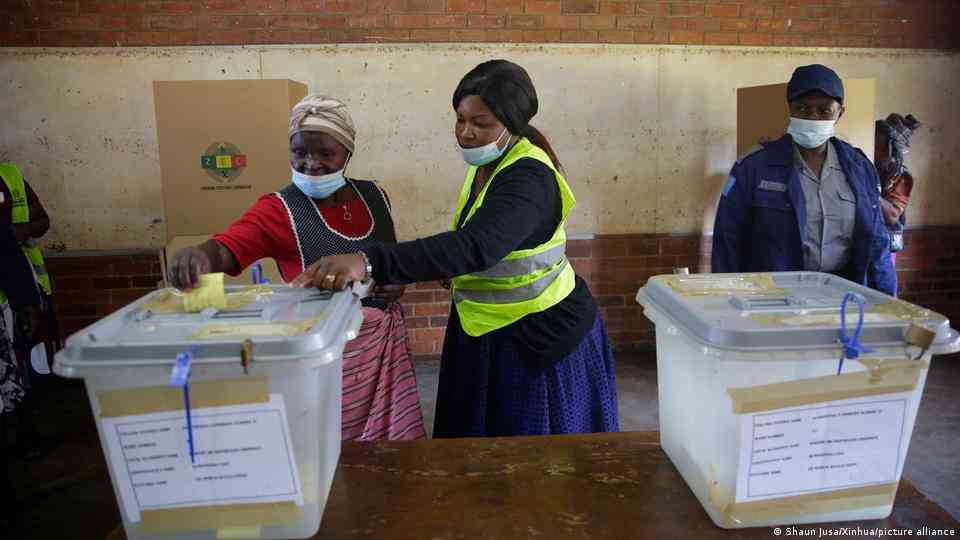
BY SHARON BUWERIMWE THE Health and Child Care ministry says the country’s breastfeeding rate continues to decline due to aggressive marketing of milk substitutes by multinational baby formula companies.
Zimbabwe this week joined the rest of the world in celebrating World Breastfeeding Week running under the theme Step up for breastfeeding, Educate and Support.
Health ministry national nutritionist officer, Chikanda told NewsDay that the breastfeeding rate in the country has decreased from 83% in 2021 to 61% in 2022.
“The aggressive unnecessary marketing of breast milk substitutes has led to the decline of breastfeeding rates in the country. Looking at the number of children breastfed up to two years, it was at 83% and it’s now down to 61%, this is very worrisome. It means most women are losing their confidence to breastfeed and this could be also due to a number of other reasons,” Chikanda said.
“Looking at the multiple indicator cluster survey of 2018-2019, the proportion of children ever breastfed was 99%. This year according to the Zimbabwe vulnerability assessment committee survey results, it went down to 90%. So that means a good 10% decrease in children ever breastfed. We are saying 10 in every 100 women are failing to breastfeed their children at all.”
Advocating for a ban on breast milk substitutes because it is undermining breastfeeding, Chikanda further pointed out that there is need to create an enabling environment to help communities ensure they feed infants and young children to promote the best nutrition, health and environmental outcomes.
“We also have working mothers; these normally have challenges whereby their workplaces are not baby friendly. Breastfeeding mothers are working from 8am-5pm. That needs to be changed. We really need to support them so that we overcome these challenges and step up breastfeeding rates,” she said.
The Health and Child Care ministry, in conjunction with the United Nations Children’s Fund Zimbabwe, is working with different communities to ensure they increase breastfeeding rates across the country.
- Chamisa under fire over US$120K donation
- Mavhunga puts DeMbare into Chibuku quarterfinals
- Pension funds bet on Cabora Bassa oilfields
- Councils defy govt fire tender directive
Keep Reading
- Follow us on Twitter @NewsDayZimbabwe










